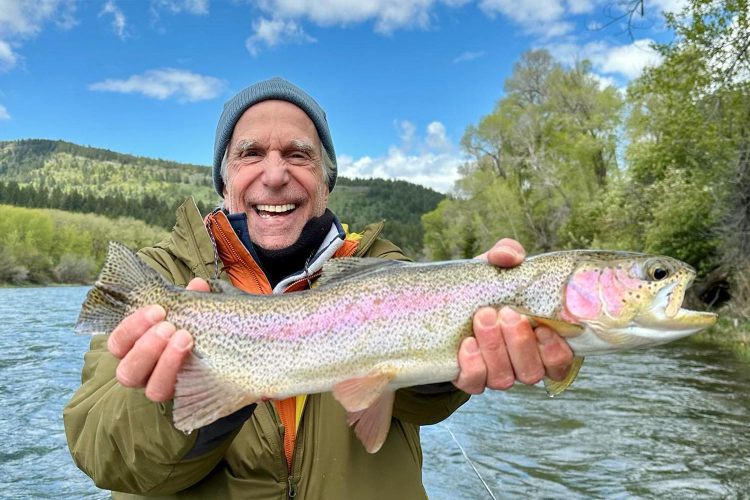
A Chat with Peyton Elizabeth Lee, TV’s Latest Teenage M.D.
A tale of two Doogies!
Stop me if you’ve heard this one before:
A child prodigy graduates medical school at 14 and starts a residency at a major hospital, all while navigating the normal obstacles that attend teenage social life: crushes, parental drama, a wisecracking best friend who climbs in through the bedroom window unannounced.
Oh, and her coworkers call her Doogie.
That’s right, I said her. It’s 2021, yo. I’m talking about Doogie Kamealoha, M.D., titular character of a new show on Disney+ starring Peyton Elizabeth Lee. Seventeen years old, Lee is a born New Yorker who now lives in California, where she works as an actor while navigating all the normal obstacles that attend teenage social life. (How meta, I know..!)
Fresh off taking the SATs, she was kind enough to answer a few questions for Wondercade about how life has changed for medically inclined wunderkinder since I hung up my scrubs and stethoscope back in 1993.
Great to meet you, albeit virtually, and congrats on the show. Thanks for agreeing to answer a few questions. The demands of being a teenage physician have changed quite a bit since I was one. What’s the hardest thing about being a teenager now that ‘90s kids like me probably don’t understand?
I would say the hardest thing about being a teenager today is the pressure that has arisen out of the popularity of social media. Unlike previous generations, incredibly curated and edited examples of what we should look like or what our lives should be are being presented to us at a constant and unrelenting rate.
Agreed.
Right? The ability to resist comparing ourselves to others, and going down that spiral of wondering why our very real lives don’t look like the ones we see on social media, is a huge challenge so many people in our generation face.
Well said. The world wide web wasn’t nearly so wide 20 years ago. Did the internet or social media help you in preparing for this role? I didn’t have WebMD and Wikipedia back when I was a TV doctor …
Oh definitely. Every time I got a new script, the first thing I did was go straight to my computer to Google, WebMD or YouTube the medical jargon. It was very important to me that I not only memorized these medical monologues, but that I had an equally deep understanding of what I was talking about in order to sustain the audience’s belief in a teenage doctor. The fact that you did that without the internet’s help is incredibly impressive.
Thanks. I learned how to suture by stitching up pieces of raw chicken. True story. So if you could take a time machine back to 1989 and give Doogie Howser one piece of medical advice from the future, what would it be?
I would tell him to invest in Pfizer stock.
Genius idea. Hey, since we’re both thought to be geniuses but aren’t (Are you? I’m hella not), here are some rapid-fire, intelligent-ish questions that you can answer in an even smarterer way:
What’s the best piece of medical lingo you’ve learned during your time on the show?
Surfer’s myelopathy.
Tubular. Favorite old or existing medical TV show …
Grey’s Anatomy.
Umm. Okay. Wow, that’s awkward. What’s a medical procedure you now think you could pull off, if the situation called for it?
Administration of a COVID test.
I hope you’re gentle and don’t jam the swab up near your brain parts. What does MRI stand for? (Wrong answers only.)
Me Right Indexfinger.
Correct. Finally, last question: If you were on an airplane and someone shouted, “Is there a doctor onboard?”, do you think you would reflexively raise your hand and then immediately regret it? And then when the flight attendant called on you to stand up and assist, and you ignored her, but then everyone started shouting, ‘Nee-il! Nee-il! Nee-il!’ and clapping until you reluctantly went up, assessed the situation and gave someone the Heimlich maneuver, squeezed too hard and broke two of their ribs, only to be told that he wasn’t the person who was choking, would you regret that? Just hypothetically, a hypothetical question, didn’t ever happen to me, ever.
Wow. In this clearly hypothetical situation, honestly, no, I don’t think I would reflexively raise my hand. BUT, if I did, I would in fact immediately regret it. I would, however, definitely raise my hand and feel totally confident that I could perform the gentle COVID nasal swabbing…
Most Popular
Recommended
Suggested for you




